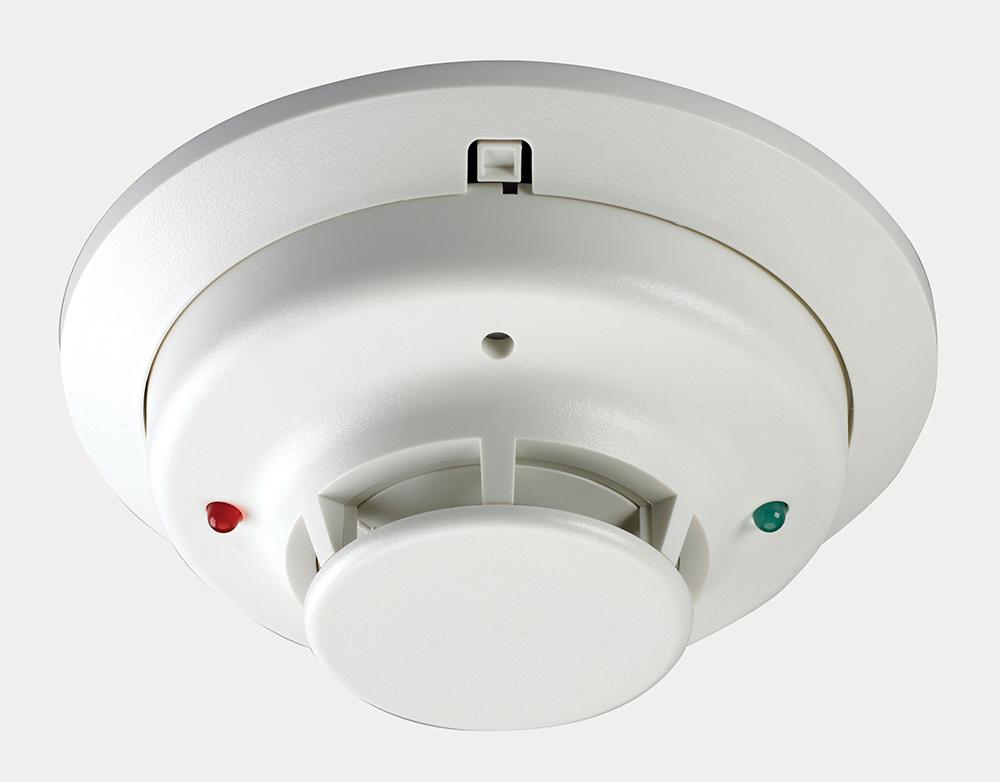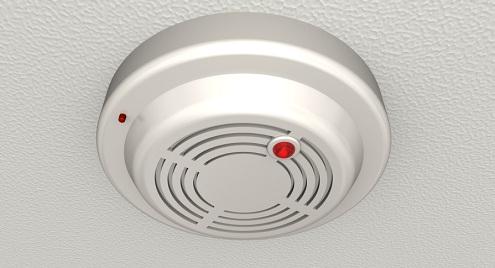
The current practice in Kenya and many other countries is to have the electrical contractor carry out the fire detection & alarm system installations. While this has served us in the past, isn’t time we had specialists or fire engineers carry out this sensitive task?
The best scenario is to have electrical contractors who are also experts in Fire Detection & Alarm Systems (FDAS),Access Control, CCTV Systems, Voice Evacuation Systems (Public Address Systems) and as well fire suppression/fighting systems.
Modern buildings or structures require integration of Fire Detection & Alarm Systems (FDAS) with Access Control, CCTV Systems, Voice Evacuation Systems (Public Address Systems) and as well fire suppression/fighting systems. While I am an advocate of being a master of different trades, yet most electrical installations contractors know very little or nothing about CCTV systems, Access Control etc. We still trust them to coordinate integration of FDAS with other security systems?.
Fortunately, the industry is evolving very fast and we even know have specialized fire & security systems integrators. These contractors have combined Fire Detection & Alarm Systems (FDAS) with Access Control, CCTV Systems, Voice Evacuation Systems (Public Address Systems) and as well fire suppression/fighting systems. Thus the client will be assured of integrated quality systems.
Electrical Engineering is the grandfather of all technological developments we currently enjoy (say telecommunication industry, electronics, computer & software engineering, Information Technologies, etc.). Yet these fields have grown tremendously because they sort of dissociated themselves from the core electrical engineering. Time has come to advocate for the same as regards fire and security systems.
The Reasons:
- Fire and Security Systems specialists are masters of the fields and hence the client is assured of quality and robust system.
- Fire and Security Systems specialists take time to master fire codes and hence ensuring that all local and national codes are observed in the installations.
Hindsight is 20/20. No one misses the presence of a smoke or heat alarm until it is too late. The same can also be said of fire extinguishers. When one encounters a fire in one’s home, they would give anything if they had bought a fire extinguisher so they could attempt to put out the fire. The same can be said of the presence of properly operating smoke and heat alarms. This equipment serves an important role in the protection of property and occupants in dwelling units. A that a properly installed and maintained smoke alarm will not prevent a fire but the presence of a properly operating smoke alarm can alert occupants to the occurrence of a fire and help save lives. We spend much time in our homes, a lot of which involves sleep. During that time, small fires can get out of control rather quickly. Properly installed smoke alarms help prevent needless injury and death.
Electrical/Fire Consultants, electrical installers and inspectors should be on the front lines as to whether fire equipment is installed properly. They must make sure the fire systems are installed as per the requirements of building codes and the National Electric Code (wiring methods, etc.). Who knows, someday your life or that of a loved one may depend on it.
We should not wait to be motivated by tragedy so as to alleviate or prevent future occurrences. Many deaths and loss of property has resulted due to fire. Sometimes a functioning smoke or heat alarm saves a life of a family or property; other times, deaths occurred because of their absence. Often these deaths could have been avoided with proper foresight, design and quality installations and maintenance of the fire systems.
Electrical consultants can spearhead this revolution by ensuring that fire systems installations are separated from electrical installations and tendered separately as well. They should be at the forefront advising clients and project managers/architects why this is necessary. A myth/assumption exists that by combining electrical installations and fire systems installations, there would be a cost saving. This is may prove costly in the long term.


There’s no way electrical contractors can be put out of this yet, fire in many buildings is still as a result of electrical connections.
All subcontractors must work together to achieve safety in any building. Fire detection circuiting is different from the usual electrical installations for power & lighting and fire detection specialists also happen to be electrical engineers who have specialized in fire detection. Currently, most of the ongoing major projects have fire specialists on board.
Rightly said, fire contractors provide engineered solutions but from a risk perspective. We are fire and security contractors and many times are involved in projects where specifications for such systems do not adequately address fire risks or security risks.
Often regulatory thresholds and best practice are also not met because those systems were not designed by a specialist with that knowledge.
That is quite insightful Peter,.. “fire contractors provide engineered solutions but from a risk perspective.” Thank you.
thats very okay.
safety in any of the stalls or buildings should be improved to avoid loss and damage